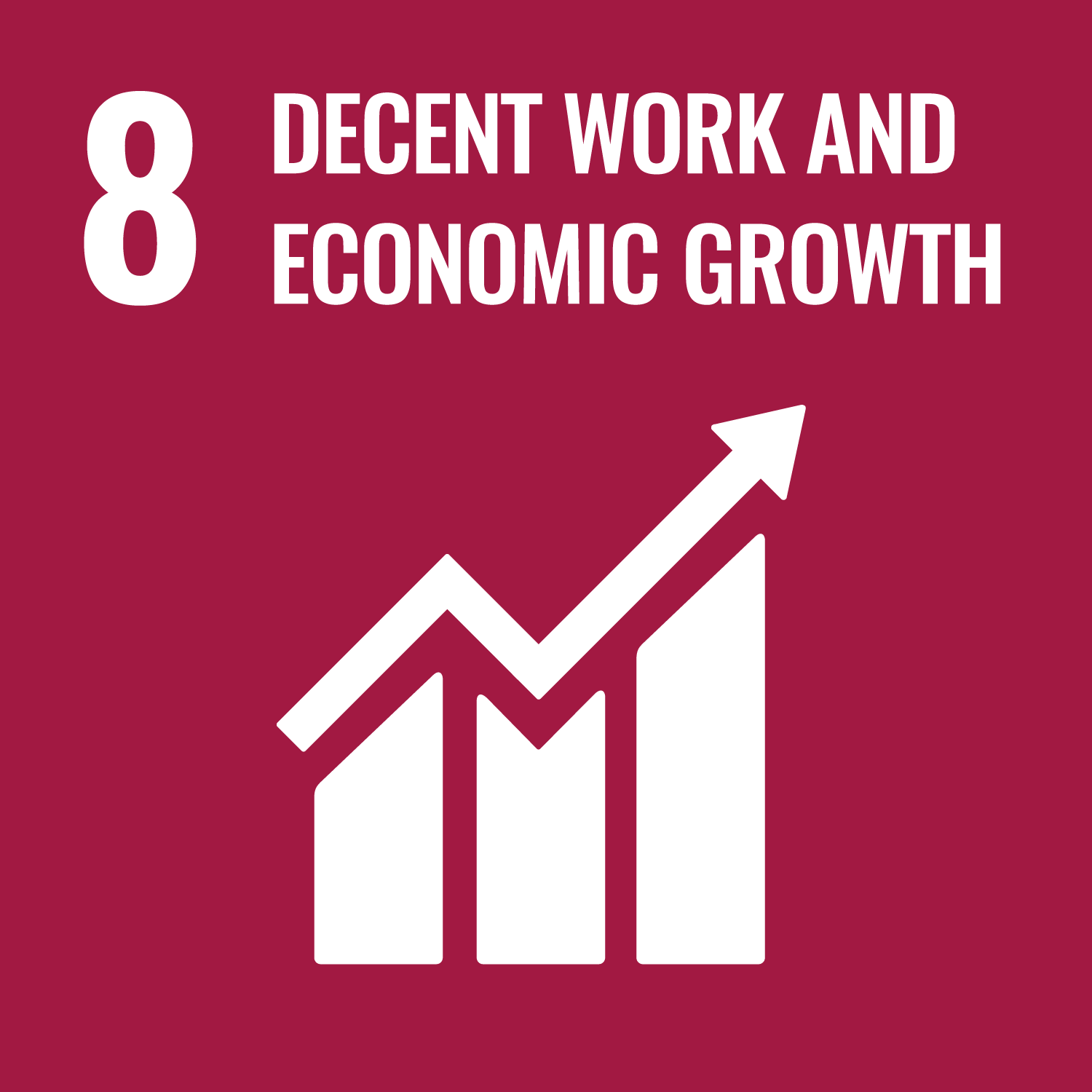SDG Detail
GEOG 102 : Geography of the Human Environment
Undergraduate courseProject description
Human geography is a diverse discipline that examines the complex relationships between people and places in the world we live in. This course introduces geographic approaches to environmental, economic, cultural and social practices and processes in Aotearoa / New Zealand and beyond. What are their impacts on patterns of human development, socio-cultural change, and environmental contestation and transformation at local, national and international scales? Geographic processes and outcomes are explored through a discussion of the social and political geographies, uneven environmental development, cultural geography and the environment, and geographies of the built environment.
Project aims
?
Project outcome
By the end of this course, students will be able to: Demonstrate an introductory understanding of the breadth and depth of human geography (Capability 1) Critically evaluate theoretical geographical ideas using place-based case studies (Capability 1 and 2) Perform reflectively and reflexively, ethical behaviour within academic practice (Capability 2 and 5) Investigate, critique and resolve complex geographical problems in Aotearoa and beyond (Capability 1, 2 and 3) Actively work to organise, negotiate and synthesise geographical knowledge (Capability 1, 2 and 4) Engage with diverse stakeholder positions by distinguishing multiple ways of seeing and valuing situated knowledges (Capability 1, 2 and 6)
Related SDGs
The corresponding sustainable development goals correlated with this project. You you click the icon to link to SDG category description page.









